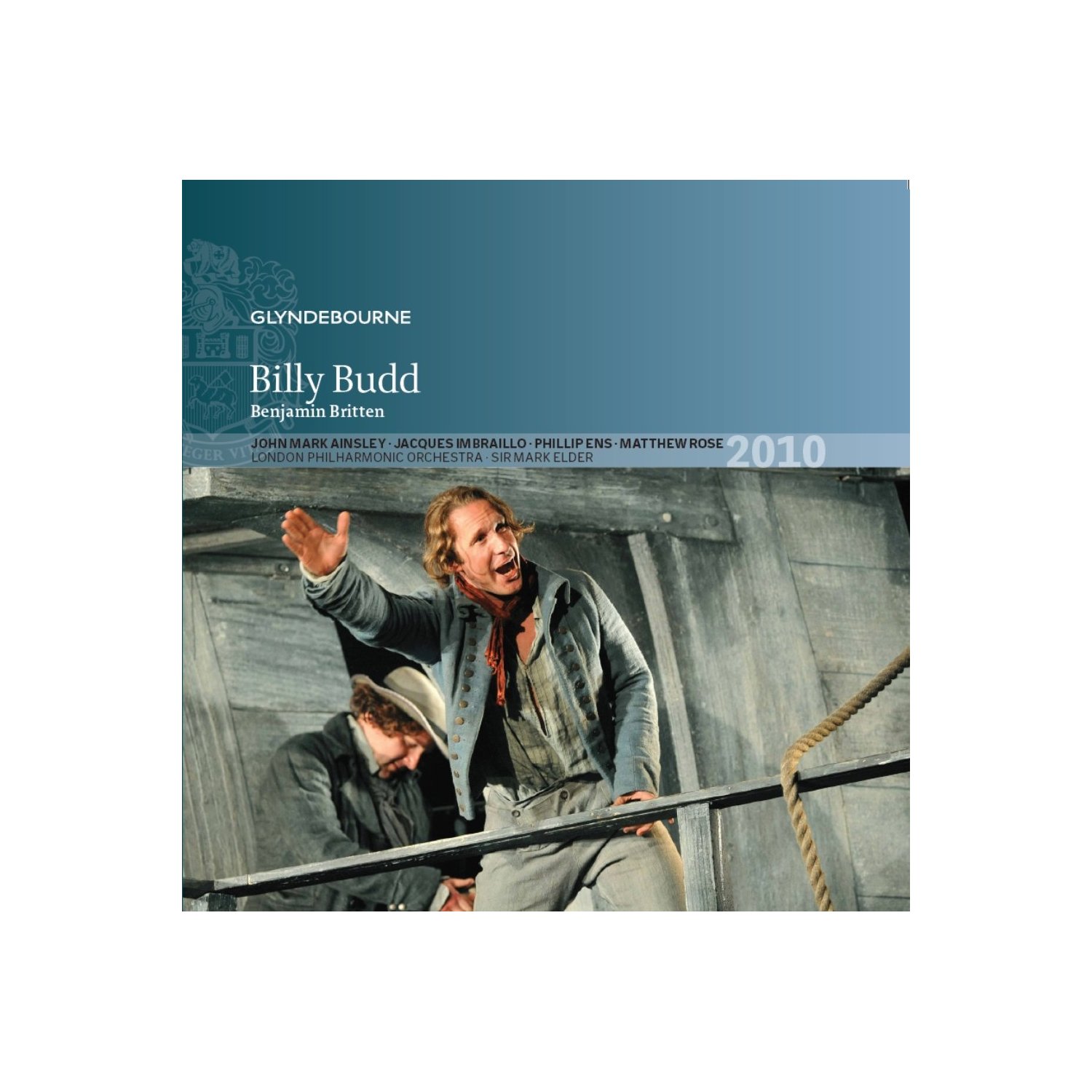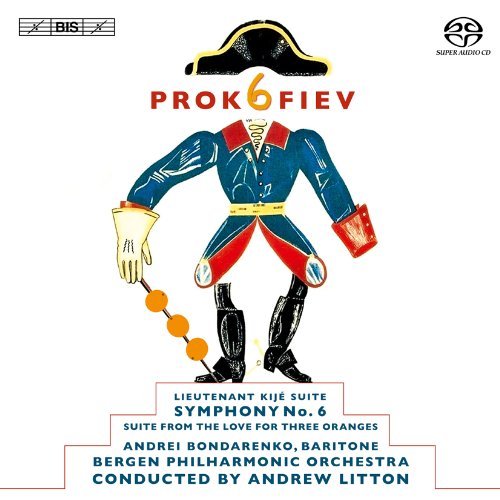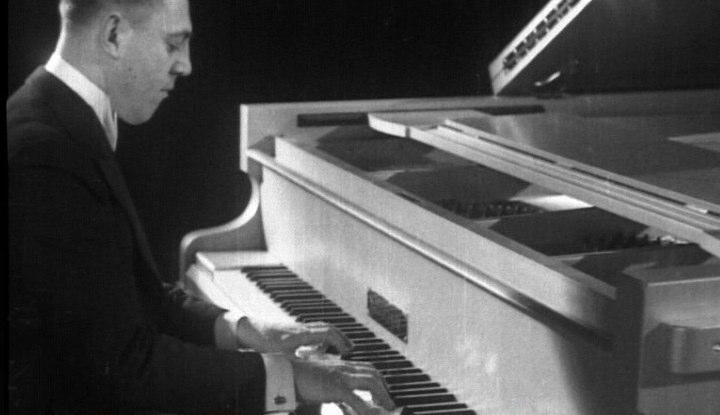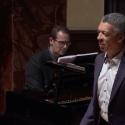
I missed this staging of Britten’s Billy Budd, first performed in May 2010. I’m increasingly convinced that it’s the best of Britten’s operas, taut, well plotted and musically flawless. The brass-heavy score is a marvel, its battleship grey orchestral palette accompanying an all-male cast. It contains one of the greatest, yet simplest of Britten’s inspirations in the form of the stark sequence of orchestral chords heard in the second act – a musical idea so mind boggingly brilliant that you envy those listeners hearing it for the first time. This live recording is theatrical in the best sense – there’s a fair bit of stage noise, and the orchestral sound is close up, detailed and dry. Experiencing it through headphones is an unsparingly bleak and claustrophobic experience. Gripping too. I listened to the whole thing in one sitting, unable to switch off.
It’s uniformly well cast. Philip Ens’s Claggart is more complex, more subtly shaded than the usual pantomime villain, and John Mark Ainsley’s gracious, contemplative Captain Vere is easier on the ear than Peter Pears was in Britten’s old Decca recording. Jacques Imbraillo is a sweetly vulnerable Billy. The chorus is beyond reproach, and Sir Mark Elder’s unsparing, forensic grip on the score never slackens. Essential, in other words. And, as is usual for this label, the CDs are beautifully produced and presented.

After several hours of Billy Budd and Prokofiev 6, I needed this disc. Billy Mayerl (1902-1959) achieved fame as a "syncopater" whilst in his early twenties. He was chosen by Gershwin to give the first British performance of Rhapsody in Blue. His fame as a composer, performer and recording artist peaked in the 1930s; by the 1950s Mayerl’s style was considered dated and he slipped into obscurity. Philip Martin’s recital is intoxicating, and you’ll undoubtedly finish listening to it convinced of Mayerl’s genius. Not as a major talent – but a superb minor one.
Casual listeners may think they’ve stumbled across a clutch of rare Gershwin pieces, but Mayerl’s style is just a little more introspective, a touch less self-consciously jazzy. These miniatures are difficult to play, and Martin manages to sound improvisatory whilst nailing the music’s technical demands. Swoon over "Moorish Idol"’s bluesy insouciance and marvel at the exuberant, percussive "Railroad Rhythm". Irresistible.
Watch Billy Mayerl play "Marigold":

Prokofiev’s symphonies don’t always hang together well. Like Stravinsky, he was a brilliant assembler of contrasting blocks of musical material, but less accomplished at knitting them together structurally. The wonderful, glowering Symphony no 6 does hang together superbly. You can still spot the joins, but Prokofiev’s various thematic ideas share a rare unanimity of mood in a work with an unsparingly bleak emotional trajectory. The symphony was composed in 1946-7, a time when the composer’s health had begun to deteriorate. A success at its premiere, it was condemned by the Soviet authorities a year later as "repellent". Andrew Litton’s Bergen forces project the score’s steely punch and spare scoring with aplomb. I’ve long loved the first movement’s sinister tick-tocking third subject, especially when it’s underscored by lower brass when reprised. And is the middle movement the only symphonic slow movement to start with such a loud, unsparing dissonance? The best and nastiest surprise comes at the work’s close. Prokofiev’s desolate opening idea makes an unwelcome return in the coda, which ends with the most untriumphant sounding major chord imaginable. It’s chilling here, helped by Litton’s avoidance of the unmarked slowdown that some conductors put in just before the finish.
You’d pay full price for the symphony alone. Litton generously provides bonuses in the form of spry, witty performances of the suites from Lieutenant Kijé and The Love for Three Oranges. The former has baritone Andrei Bondarenko in the Romance and Troika – interesting to hear once, but not necessarily something for repeated listening. Brilliant BIS sonics add to the impact.














Add comment